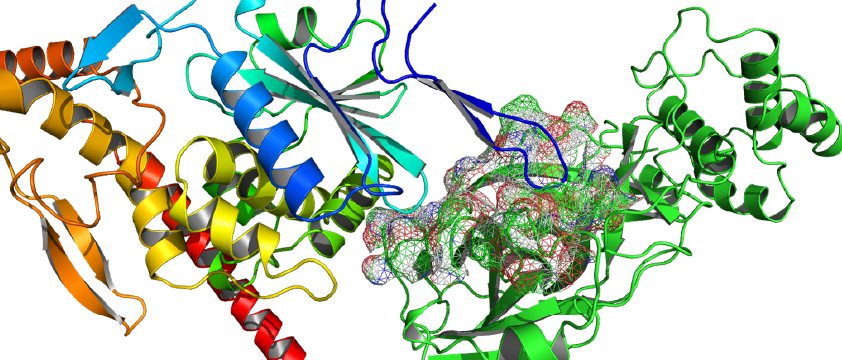Most people would likely sip coffee in the morning because coffee is a popular beverage worldwide. Do you know that coffee in the morning can give you a myriad of advantages? It’s because coffee grounds contain a high amount of caffeine, which helps in boosting adrenaline. In this context, the big question mark is how to be environmentally friendly by not directly tossing the used coffee grounds into the dustbin.
What are coffee grounds?
Coffee is made of a mixture of warm water and coffee grounds in various sizes: extra-fine, coarse, and extra-coarse. A few people are more likely to prefer coffee mixed with whole milk. A very long process of preparing a cup of coffee commences with planting coffee, harvesting, roasting the coffee beans, grinding them into small sizes preferably, and brewing them with warm water. Once the coffee grounds are used, they cannot be brewed for another cup.
How does it work?
The used coffee grounds can be directly poured into the soil or sprinkled on the soil. Old coffee grounds have been identified as one of the fertiliser by-products that may help fertilise plants. The used coffee grounds contain high amounts of nutrients necessary for soils and plants. Several nutrients are significantly important in improving soil quality: nitrogen, phosphorus, potassium, calcium, and magnesium. Normally, soils lack nitrogen, phosphorus, and potassium, which chemical fertilisers can supply. On the other hand, using coffee grounds would help improve the soil quality and plant nutritional content.
What is the importance of recycled coffee grounds?
Normally, the used coffee grounds will be tossed into the dustbin. The significance of recycling used coffee grounds is leading towards the direction of a circular economy. The advantage of this concept is that it can reduce the amount of waste being dumped into the landfill. Thus, it will prevent the decomposition of harmful bacteria, which leads to methane gas production. This cradle-to-cradle approach recycles products as a new ingredient for other processes.
Besides cost saving, the used coffee grounds can reduce the consumption of chemical fertilisers, which does not harmfully affect the soil quality and does not jeopardise the environmental quality.





